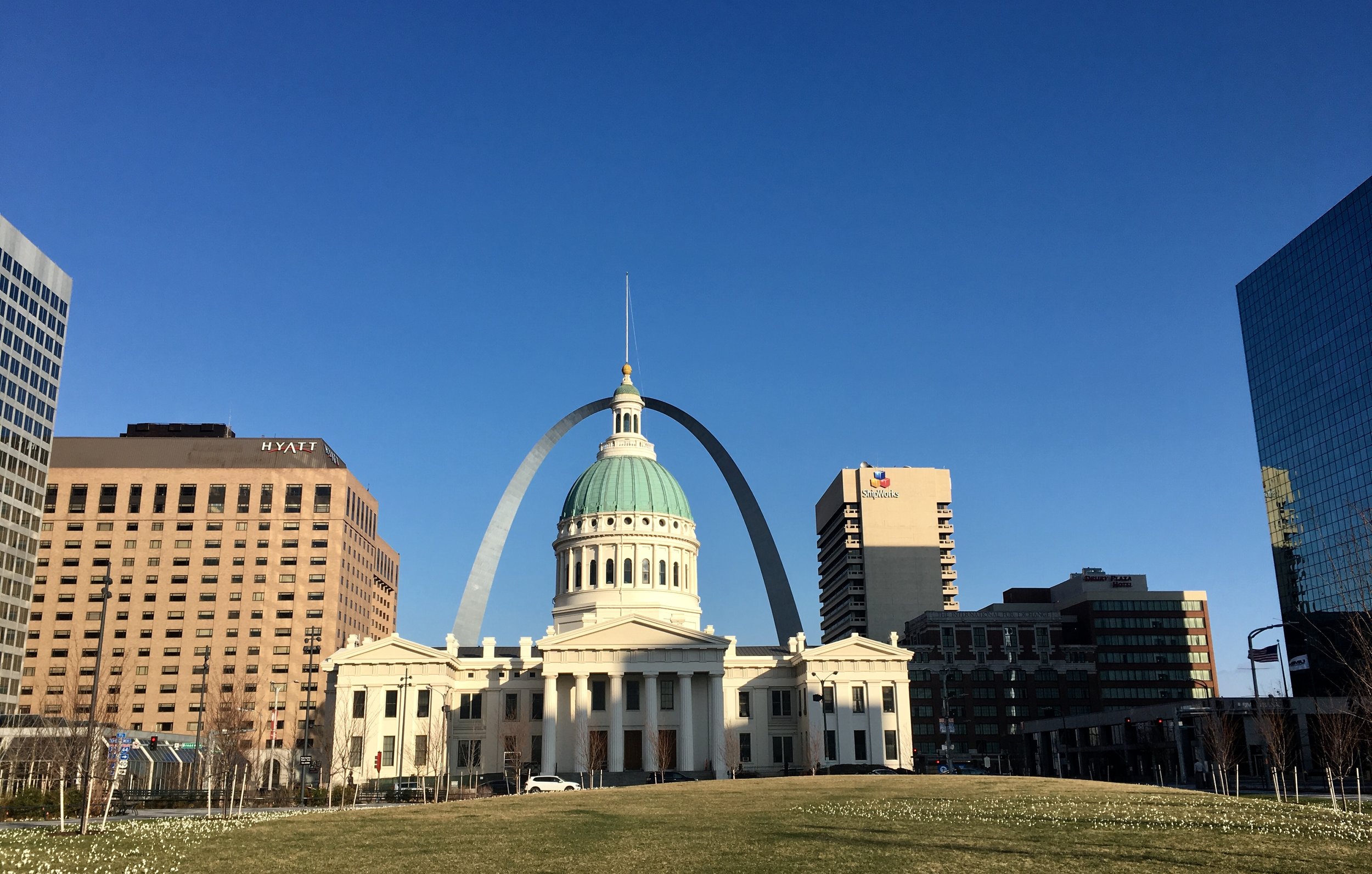When the COVID-19 pandemic hit, I consulted with my colleagues at the Rockefeller Institute about how to address it through my future of work writing. The first piece I proposed was a natural spin-off from my January 2020 policy report on the rise of the remote workforce
It attracted quite a bit of attention and was one of the first analyses that suggested the pandemic would accelerate the already-growing trend of remote work. Among the places that interviewed be about the piece was the Orlando Sentinel’s Marco Santana. Here’s an excerpt from his story:
The fallout from the coronavirus pandemic could sharply increase the number of people who work from home after it subsides, according to a new analysis.
Researchers at the Rockefeller Institute of Government, which had been monitoring the practice even before the crisis, said businesses have been forced to find a way to make remote work succeed.
“Surveys have shown that a lot of employers are opening up more to telecommuting,” said Liz Farmer, a fiscal policy expert who authored the study. “Others who hadn’t or wouldn’t have considered it or were worried that production might drop, they have now been forced to let their employees work from home.”
The result is more once-skeptical business owners may embrace remote work, the study found.








